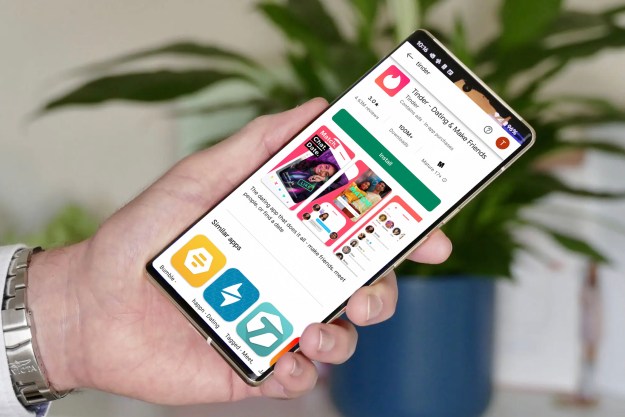Apple has pushed through with the termination of Epic Games’ developer account on its App Store, removing its apps from the digital storefront.
The legal dispute between Apple and Epic Games has further escalated after popular battle royale shooter Fortnite was taken down from the App Store.
Apple said that it will remove Epic’s account, which will affect all of the developer’s other iOS games and will also prevent it from rolling out updates to players who have previously downloaded the apps.
“We are disappointed that we have had to terminate the Epic Games account on the App Store,” Apple said in a statement to Digital Trends, adding that Epic has refused to follow the court’s recommendation to comply with the App Store’s rules, and has instead repeatedly submitted Fortnite updates that violate the guidelines.
“This is not fair to all other developers on the App Store and is putting customers in the middle of their fight. We hope that we can work together again in the future, but unfortunately, that is not possible today,” the statement said.
Digital Trends has also reached out to Epic Games for comments, and we will update this article as soon as we hear back.
Apple vs. Epic Games, explained
The Apple-Epic Games feud started when Epic attempted to bypass the 30% commission that Apple collects from in-app transactions in Fortnite by offering a feature that allows players to make purchases directly from the developer at a discount.
Apple responded by removing Fortnite from the App Store, and the Google Play Store followed suit.
Apple told Epic that it will terminate its developer accounts and cut it off from iOS and Mac development tools on August 28. Judge Yvonne Gonzalez Rogers, however, granted Epic a partial restraining order that will allow it to continue working on its Unreal Engine gaming platform, but it did not cover the return of Fortnite to the App Store.
The next hearing in the legal dispute between Apple and Epic is scheduled for September 28.
Editors' Recommendations
- A Nintendo emulator is Apple’s top downloaded app after ban reversal
- Don’t miss this great sci-fi RPG while it’s free on the Epic Games Store
- Epic still plans to bring its Games Store to iOS and Android this year
- Fortnite is getting a Disney universe made by Epic Games
- One of the Apple Vision Pro’s first games lets you play tabletop classics


